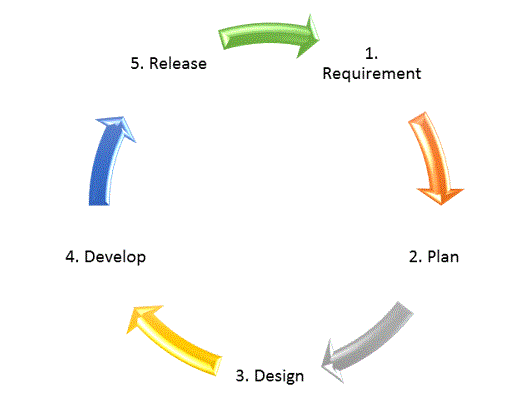With a population of 449,300 in 2017 , Bristol is located in south west England. It has borders with Somerset and Gloucester. Earlier known as Brycgstow (the place at the bridge),it was known to be the starting point for many a great explorations. Bristol's modern economy rests on creative media, electronics and aerospace industries. The city-centre docks have been reconstructed as heritage centres. Its currency is the Bristol pound.It is home to the te University of the West of England and the University of Bristol . Besides, it also has many other artistic and sporting organisations and venues.
History
Findings in Bristol point out to the presence of inhabitants during the Paleolothic Age. Bristol came into being around 1020 AD. It started off as a trading center that produced silver pennies. It further developed as a port during the 11th century. The stone bridge that gives Bristol its name (built in 1247 AD) was replaced in 1760’s. In the mid 14th Century, half of Bristol was lost to the Black Death. During the 15th and 16th Century , Bristol had trade links with Ireland, Iceland, and Gascony. The Diocese of Bristol was founded in 1542. Bristol kept on growing in the coming centuries. By the 20th Century its population increased to 428,089 in 1971 from 330,000 in 1901. Bristol also saw massive damages from the German and Nazi armies during the second world war. The Bristol city centre when rebuilt had numerous skyscrapers. The 1980s saw the closure of some of the main roads. Some of the areas had to be restored and regenerated. The city centre's tallest towers was demolished. Bristol also saw changes to its roads when M4 and M5 were introduced.
Sport
Bristol has teams representing all the major national sports. Bristol City and Bristol Rovers are the city's leading football clubs. Bristol Rugby (Rugby Union) and Gloucestershire County Cricket Club are also based in the city.
Gloucestershire County Cricket Club has its headquartersat the Bristol County Ground. It plays its home games at the same ground. Formed by the family of W. G. Grace, it is arguably Bristol's most successful as Gloucestershire CCC also won the Royal London One-Day Cup in 2015. The Bristol Flyers are a well known basketball team from Bristol. They have achieved some good success in the British Basketball League, since 2014. Bristol Aztecs are another team from Bristol who play in the BAFA National Leagues. Iice hockey made a comeback to Bristol after a 17-year period when The Bristol Pitbulls playing at Bristol Ice Rink. Bristol sponsors an a half marathon every year. It played host to the 2001 IAAF World Half Marathon Championships also. Bristol and West AC, Bitton Road Runners and Westbury Harriers are athletic clubs from Bristol. Bristol has staged the finishing and starting stages of the Tour of Britain cycle race. Facilities in the city were used as training camps for the 2012 London Olympics. The Bristol International Balloon Fiesta, a major UK hot-air ballooning event, is held each summer at Ashton Court.

 ENQUIRE
ENQUIRE
 REQUEST CALLBACK
REQUEST CALLBACK
 GET A FREE QUOTE
GET A FREE QUOTE


 Introduction
Introduction Course Details
Course Details Course Content
Course Content



 London
London